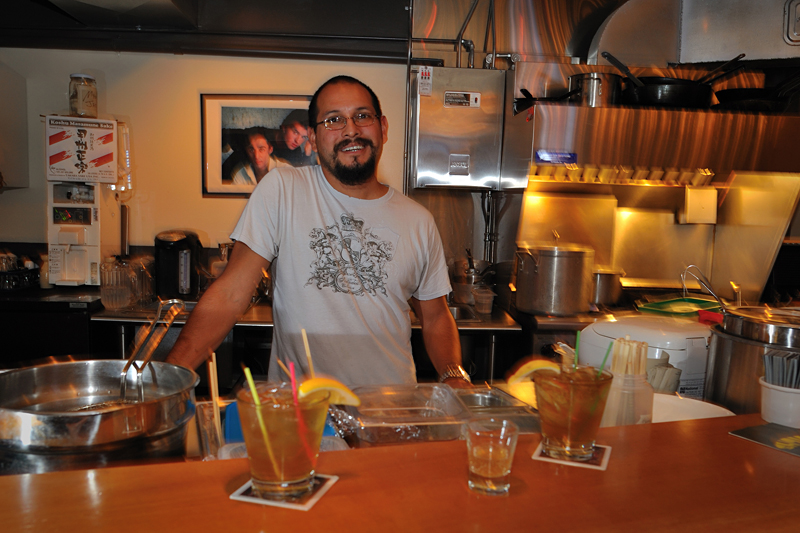U.S. Senate hopeful Dino Rossi has called the federal stimulus package (approved by incumbent Patty Murray) “a collection of wasteful earmarks and bailouts.”
But Rossi himself, when he was in the state Senate, put millions of dollars of government money into job-creation projects and struggling businesses, in an apparent attempt to prop up a down economy.
The year was 2003, and the state was still recovering from a downturn. The unemployment rate was hovering at well above 7 percent.
Democrats have recently claimed Rossi was involved in attaching a host of earmarks to state construction budgets that year, but as an AP story last week pointed out, Rossi didn’t author those bills (even if he voted for them).
However, Rossi did write the state’s operating budget in 2003—an accomplishment he often boasts about on the campaign trail. That budget determined how the state’s general-fund money would be spent.
Tucked within that 227-page document, dictating state spending for 2004 and 2005, were items that sound exactly like stimulus spending. Some of the highlights:
• $3.3 million was allocated from the budget of the state’s office of economic development to weatherize low-income homes. Replace “weatherize” with “retrofit for energy efficiency” and you pretty much have the description of Seattle’s latest $20 million federal stimulus grant.
• $210,000 was paid to people in the fishing industry to offset losses they incurred as a result of a 1999 agreement that reduced the amount of salmon they could pull from area waters.
• $225,000 went to fund a geoduck aquaculture pilot project in south Puget Sound.
• $400,000 was budgeted over two years for the economic development office to help pump up new markets in China and Mexico for Washington exporters.
It all sounds an awful lot like government money being spent on projects meant to promote the local economy and spur hiring.
In criticizing Murray, Rossi has specifically cited a $148,438 stimulus allocation to Washington State University for research into the use of marijuana for pain control, calling it a “boondoggle” project. (“This bill isn’t going to stimulate anything other than sales of Cheetos,” said Rossi’s campaign, showing great sensitivity to people suffering from terminal illnesses.)
But Rossi’s own budget sent five times that amount of taxpayer money—or $837,000—to the very same institution to set up grape-growing and wine-making programs (known academically as viticulture and enology) at the WSU Pullman and Tri-Cities campuses.
Apparently, using federal dollars to help chronic-pain sufferers become more productive is a “boondoggle project,” while giving state money to people on the coast growing the world’s most phallic shellfish, and helping WSU expand the booze business, aren’t.






